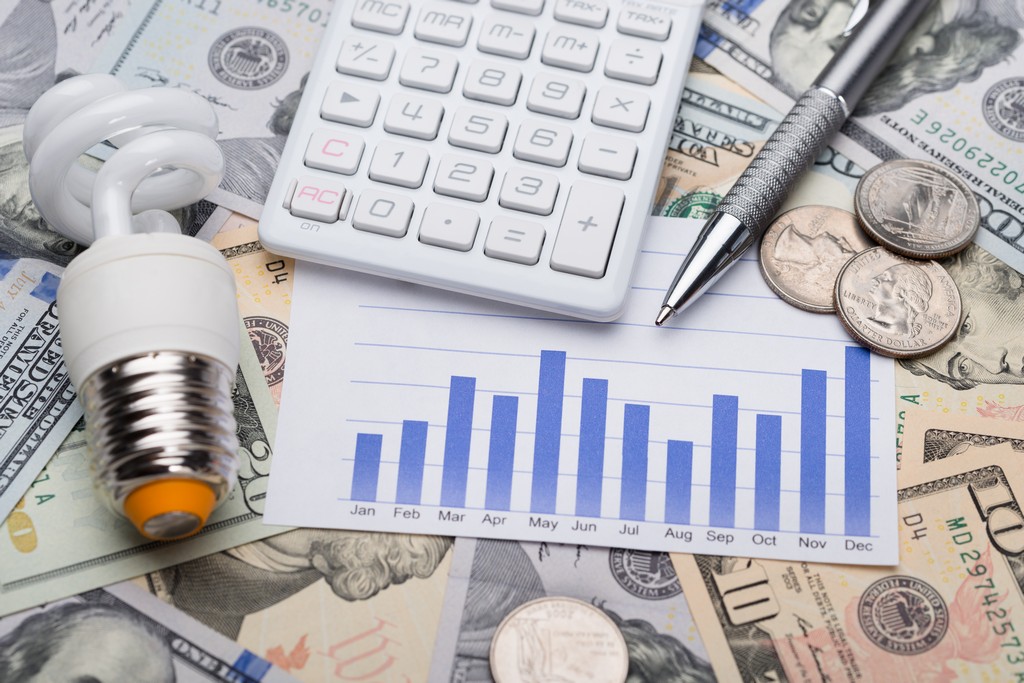Consumer group: Coal excise tax will have “serious impact”
- December 15, 2017
- 0

In a statement, LKI said that the coal excise tax the government is looking to implement next year will have an indirect impact on the spending of industries and consumers.
The coal excise tax is part of the Tax Reform for Acceleration and Inclusion (TRAIN) bill, which eyes to implement a P50 per metric ton on coal in 2018, P100 in 2019, and P150 in 2020.
“We might be optimistic now, but next year we will all have to watch for the actual effects of TRAIN, the implementatio
n of which is imminent in January. I think there will be a belt-tightening. Consumers can be smart by using their right to choose what they buy,” LKI president Atty. Vic Dimagiba said.
Apart from electricity prices rising, food and beverages, and services are seen to have price increases as food manufacturers and retailers will also be affected by higher p
ower bills.
And at P150/MT, small-to-medium businesses will have additional expenses, LKI added.
With this, the consumer group has opposed the excise tax on coal and has called on the Duterte Administration to exercise his veto power to stop the increase in tax.
“We oppose the excise tax on coal since it violates the Constitution and the possible spike in
electricity rates that will put the additional burden on every household.”